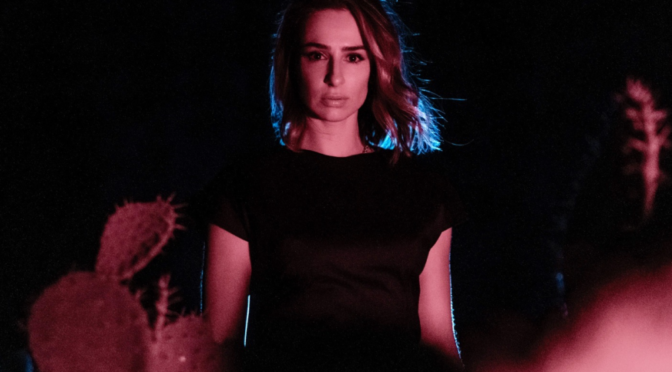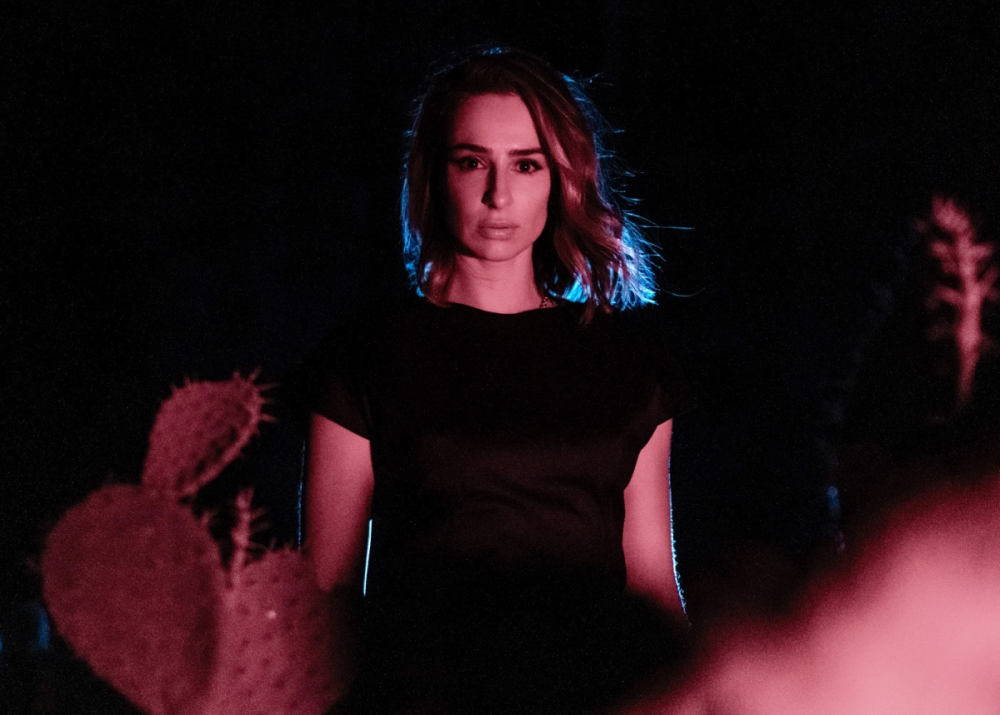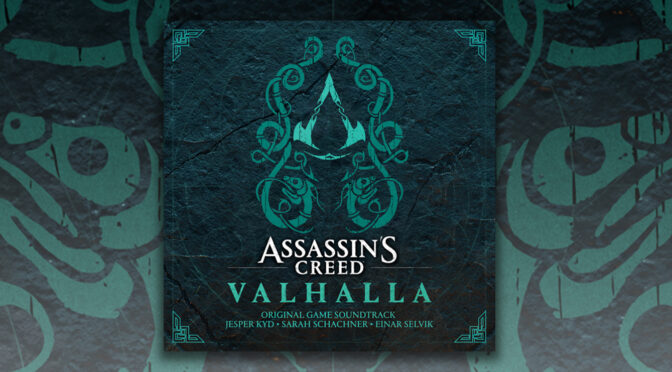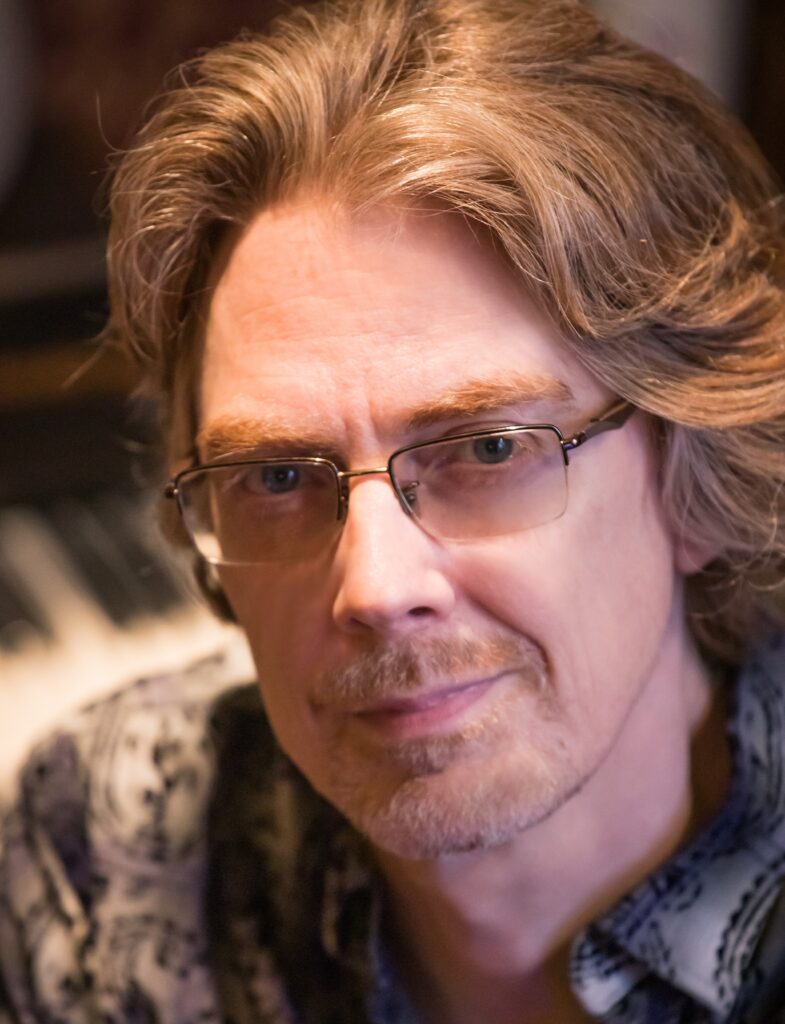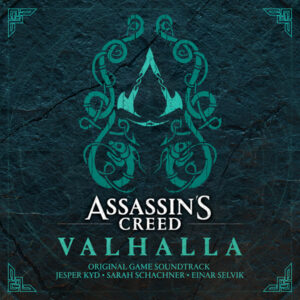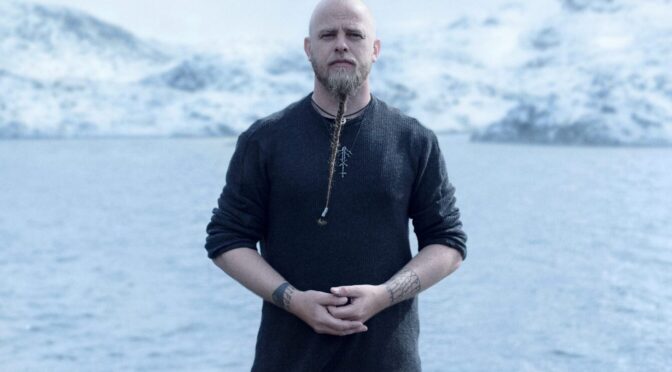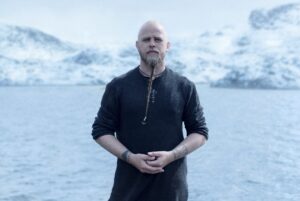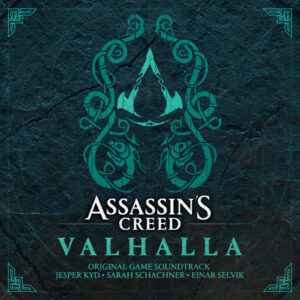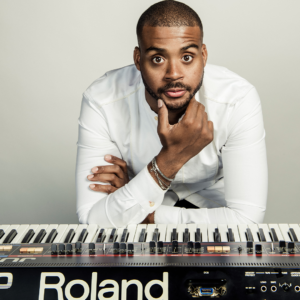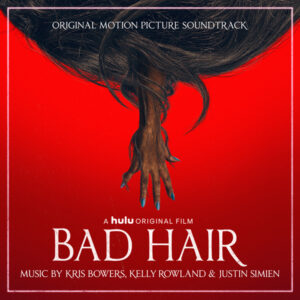Elena Charbila is an established actor, composer, producer and recording artist under her moniker “Kid Moxie.”
Kid Moxie’s music has been featured in numerous indie films, television shows and commercials, including a national Victoria’s Secret ad campaign. She collaborated with renowned Twin Peaks composer, Angelo Badalementi, recording a new version of “Mysteries of Love.” Entertainment Weekly called her a “cinematic popstar” and Vice described her sound as “eerie, celestial, odd and exquisite.”
She collaborated with 2019 Palm D’Or award winner and Greek director Vasilis Kekatos for Greek Vogue Magazine’s video campaign Gucci Resort 2020, starring model Winnie Harlow, and five mini-movies for the perfume line KORRES – all five scored by Kid Moxie.
Recently, Kid Moxie pulled double duty both acting in and scoring the music for Not to Be Unpleasant, But We Need To Have A Serious Talk, soundtrack released on Lakeshore Records. Her music video “Big in Japan,” from the soundtrack, premiered in Under the Radar, in which they called it a “dreamy, palpable neo-noir vibe.” Apple Music picked the soundtrack as one of its top 10 soundtrack recommendations.
Last year, Kid Moxie wrote and performed three of the original tracks for CD Projekt Red’s Cyberpunk 2077, released by Lakeshore Records. The soundtrack topped the iTunes soundtrack charts at number one.
We caught up with Kid Moxie to talk about her recent projects and what’s coming up next for this multi-talented artist.
SSM: You stated in an interview with Under the Radar that you began playing music when you were young. Can you speak a little bit about what pulled you in the direction of composing?
KM: It’s hard to trace exactly the why and the how as I started with classical piano at the age of 4 but at some point, while still in elementary school, I remember getting a lot of joy from combining my own notes instead of reading what was in front of me. I was probably also rebelling against the very structured and demanding way that I was being taught at the time. Perhaps it was my way of feeling “in control” of the instrument. I still feel the need of that kind of control. Composing your own music gives one a sense of freedom that feels invaluable to me.
SSM: You have such a unique and new-wave sound! Who are the artists or albums that inspire you in your music?
KM: Thanks! I love artists from all kinds of genres as long as their music creates an atmosphere I want to “live in”. I really like Burial, Grimes, Bjork, The Cure, Clint Mansell, Electric Youth, Trentemoller.
Some of my most cherished soundtracks that influence my sound are Blade Runner (Vangelis), Drive (Cliff Martinez), Twin Peaks (Angelo Badalamenti) and Three Colours: Blue (Zbignew Preisner).
SSM: You created the moniker Kid Moxie. How did you decide to create such an interesting and cool name?
KM: I wanted something that would sound playful and gender-less so Kid Moxie felt appropriate in that way.
SSM: Your tracks for the Cyberpunk 2077 soundtrack are awesome! Can you talk about collaborating on ‘Follow the White Crow,’ ‘Flying Heads’ and Simple Pleasures’ and the instruments you used?
KM: Cyberpunk was such a beast of a project and I was writing stuff at the time without knowing whether they would make the game or not. It was really fun for me to explore dark/industrial techno which is something I hadn’t really delved into in the past. I used both soft synths (I am a big lover of Arturia) and analogue instruments such as Moog Mother to create throbbing bass lines and Dreadbox Erebus for some of the drone sounds and screechy leads.
SSM: What do you have coming up next that we should know about?
KM: My next album titled “Better Than Electric” is due to come out later this year and I’m also writing the score for a film shooting in Greece that I’m really excited about.
Follow Kid Moxie on Instagram and listen below.
Soundtrack Available Now: [Listen]

